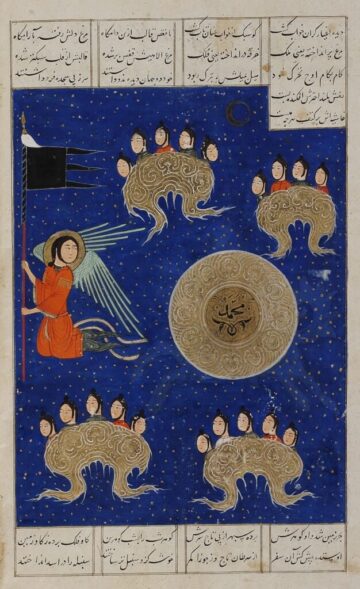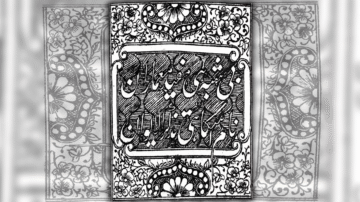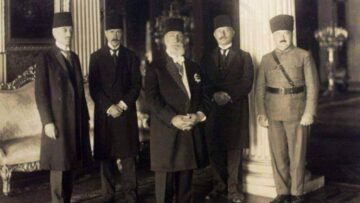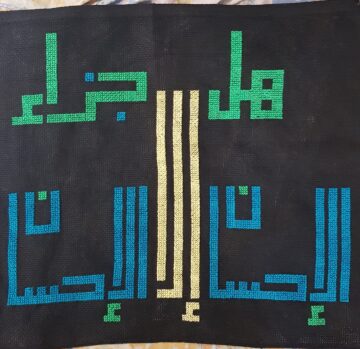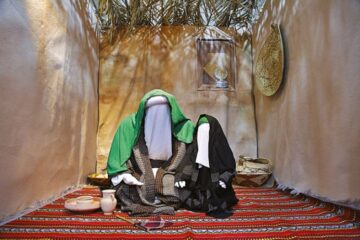- IHTLS
- Lecture series
The poet al-Sayyid al-Himyari and the Literary Development of the Epic Character of Imam Ali b. Abi Talib
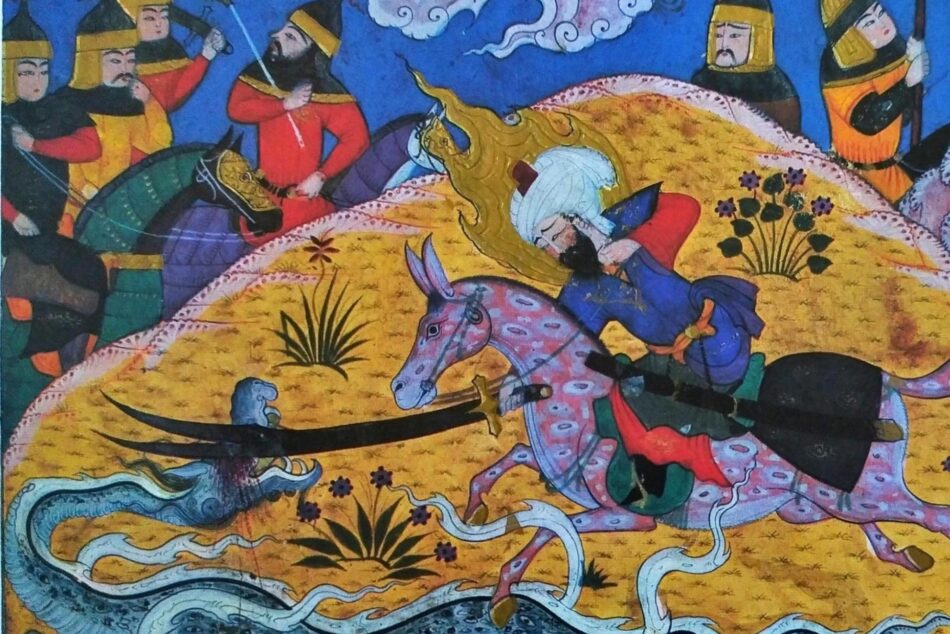
-
Status
Ended -
Date
08 Dec 2022 -
Location
Aga Khan Centre and online
Attend online Attend in person
Part of the Islamic History and Thought Lecture Series
In the literary traditions of Islamic literatures (first of all in Arabic and Persian, but even in Malay), Imam Ali b. Abi Talib has become the protagonist of narrative events that make him the heroic prototype of the struggle between Good and Evil. This lecture will try to trace the origins of this heroic model focusing on some verses dedicated to the first Shiite Imam by the poet al-Sayyid al-Himyari (105/723-179/795), initially known as the literary spokesperson of the Kaysaniyya sect, then allegedly converted to Imami Shiism. Through the literary character of Imam Ali as featured in his poetry, it is possible to consider that al-Sayyid al-Ḥimyari’s role is as controversial as it is fundamental for the understanding of some aspects of the historical shift from Kaysaniyya to Imamite Shiism.
Date: 8 December 2022
Time: 5.00 pm – 6.30 pm GMT
Location: Aga Khan Centre and online (Zoom)
Q&A: At any time during the lecture, attendees can submit questions to the speaker through the Q&A option at the bottom of the control panel. As time allows, the speaker will address as many questions as they can during the Q&A session at the end of the presentation.
Recording: Please note that the session will be recorded and published on the IIS website, and on the IIS YouTube channel.
Discussants: Dr Fârès Gillon (The Institute of Ismaili Studies); Dr Orkhan Mir-Kasimov (The Institute of Ismaili Studies)
Professor Leonardo Capezzone
Leonardo Capezzone is Associate Professor at the Faculty of Humanities, Sapienza-University of Rome, Department of Oriental Studies, where he teaches History of the Islamic world and Cultural History of Medieval Islam. His interest is in the cultural and religious history of medieval Islam, with a special concern with the history of early Shi‘ismSee Shi‘a. and other expressions of religious and intellectual dissent in the Islamic Middle Ages.

